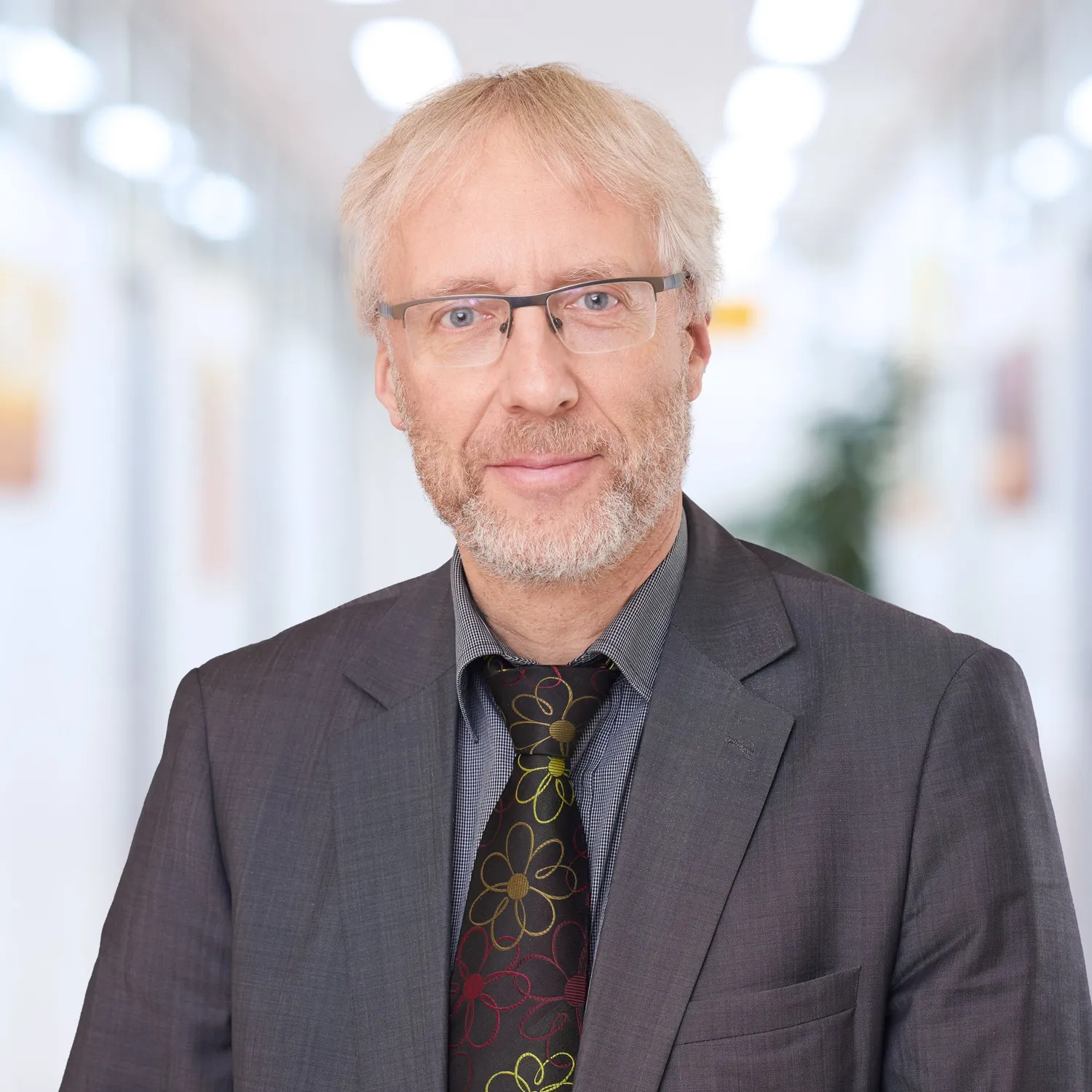What is your role within the ESCAPE project?
We at UMG are leading the clinical study within ESCAPE. I lead on Work Package (WP) 4, which is the preparation and execution of the clinical study. My colleague Tim Friede leads on WP5, which is the evaluation of the clinical trial’s effectiveness. These WP include providing logistic and IT support through our UMG Clinical Trials Unit and our clinical coordination team. Moreover, my colleagues Christine v. Arnim (geriatrics, neurology) and Michael Koziolek (nephrology, hypertension) provide expert advice for the Blended Collaborative Care (BCC) intervention. And, very importantly, Bea Herbeck Belnap from our team is building on her experience from work in the US to co-lead the development and supervision of the BCC intervention in WP2.
What led you to ESCAPE?
I was originally trained in Internal Medicine and Cardiology and despite all the life-saving technical advances, I found that a patient-centred approach was often lacking. Consequently, I did an additional speciality in Psychosomatic Medicine and Psychotherapy. I wanted to try and establish holistic treatment approaches for patients with heart disease. Within our local Heart Centre in Göttingen, we were somewhat successful in developing multidisciplinary, in-patient treatment for patients with cardiac disease and mental health challenges. However, evidence-based, long-term options for outpatient treatments are still unavailable for most patients.
Driven by my interest to understand biopsychosocial associations in heart disease and offering more holistic treatments to patients and make medicine more rewarding for doctors, our team had started a psychotherapy trial for coronary patients with depression. Contrary to our expectations, we found that our psychotherapy intervention was less effective than anticipated. From there, I came to know the concept of blended collaborative care (BCC) which improved upon our original model. We conducted a small feasibility study in Germany, which showed good acceptance and preliminary efficacy data.
In the spring of 2019, Susanne Pedersen approached me. Susanne is a professor of cardiac psychology who has worked in a related field for many years and asked if I was willing to join forces and apply for an EU grant. We quickly came to an agreement that ESCAPE was needed and might have good chances of getting funded. Susanne is now our project coordinator, so it turns out we did have a good chance.
What about ESCAPE is particularly innovative?
ESCAPE has a unique focus on the needs of informal carers and the psychosocial burden for both patients and carers. Mental comorbidities are a substantial barrier to a healthy lifestyle and have a profound adverse impact on patients’ and carers’ quality of life. These psychosocial aspects and mental comorbidities are often ignored or insufficiently treated. By focusing on the mental health aspects, we expect to have a large impact on the self-efficacy, quality of life, and treatment satisfaction of patients and their informal carers - and most likely, on the work satisfaction of healthcare providers.
My hope is that ESCAPE will transform the routine care for multimorbid elderly patients and their informal carers and serve as a model also for treating other types of patients with complex medical conditions and related psychosocial challenges.
